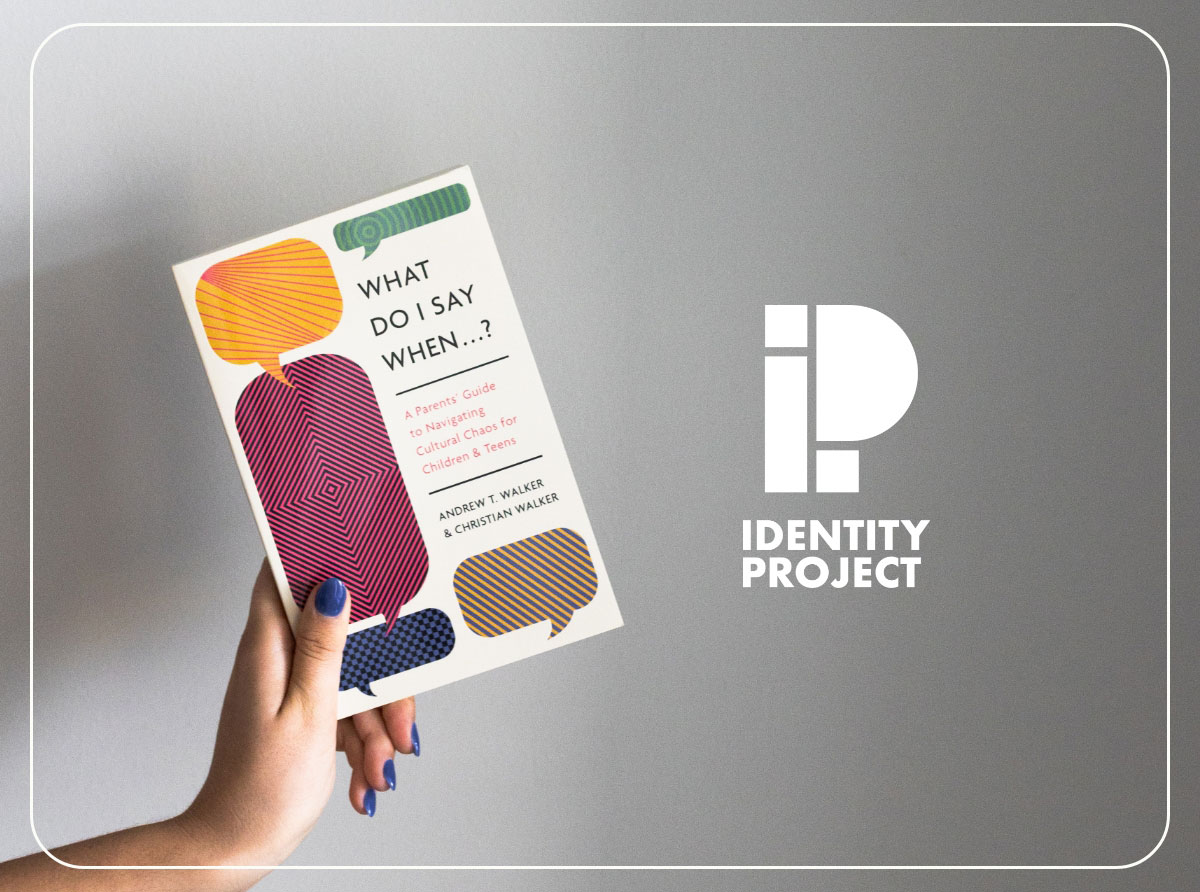

BreakPoint
A Secret Your Teenagers Should Hear
In a recent cover story, Newsweek magazine asked, "What do Teens Believe?" For parents who worry about their teenagers, the Newsweek results can be both encouraging -- and distressing. Take religious faith, for example. While Newsweek reports that "we're witnessing a new revival of religion" among teenagers -- and that's the encouraging part -- it is distressing to find that "more than half agree with the statement that 'all religious faiths teach equally valid truths.'" If that sounds like relativism to you, you're right -- it is. Now, one can argue with a teenager that relativism is ultimately incoherent. Christianity and Hinduism, for example, will be equally true only if both are equally hollow, and the word "truth" has lost all meaning. But there's another way to challenge the relativism that young people face in our culture. With knowledge. Over the next couple of days, I want to tell you about some great new books, written for teens, providing sharp arguments and evidence that truth is real, and that truth matters -- truth in history, truth in personal behavior, and truth in science. If relativism tosses truth out the window, we ought to reach out and grab it back, by showing our kids that the deepest things they value, such as real freedom and genuine love, need to be based in solid knowledge about the world. And the books I'll tell you about can help. Let's start with relativism. Many Americans think the notion that relativism -- your beliefs are true for you, my beliefs are true for me -- is a praiseworthy American value, rooted in our Constitution. In fact, as historians Gary Amos and Richard Gardiner show in their book Never Before in History, what's especially American, and valuable, is our legacy of religious freedom -- which is different. Though often confused, religious freedom and relativism are not the same thing. Amos and Gardiner point out that the American tradition of religious liberty rests on a Biblical foundation. Why did the Puritans leave England to sail to America? Because the Bible taught them that every human being must respond to God and His Word alone, in freedom -- and no one should be forced to assent to doctrines against his conscience. While relativism denies the very existence of truth, real religious freedom upholds truth as something precious, created by God, which we may freely embrace -- or not. Never Before in History explains that our Constitution, our Bill of Rights, and our entire system of government work because their framers "drew their ideas about religious liberty and separation of church and state from Christian sources." Does that surprise you? It probably does -- because the Christian roots of our civil liberties is one of best-kept secrets in American history, particularly in schools. But the book Never Before in History lays out the key evidence beautifully -- something teens are not getting in civics courses. We should be teaching our kids that there's a world of difference between the freedom of conscience that the Bible teaches, where truth is real and precious, and the relativism that uses the cloak of freedom to deny the existence of truth itself. Never Before in History makes the case that if we forget the foundations of our freedoms, we'll lose them -- and that's a lesson teenagers, and the rest of us, need to learn!
10/10/00















